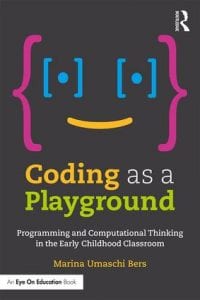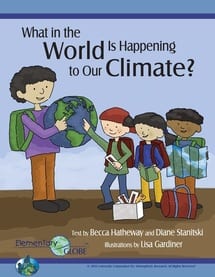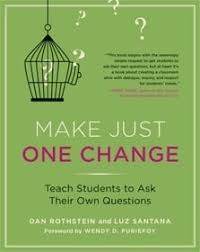This Saturday I went to the STEM Summit at UNH. I wasn’t sure I was excited about going. I wasn’t convinced it was the best way for me to spend my weekend. After all I had plans to make stew, invent our new science unit and what seems to be a thousand million books to read all around my desk. But I went anyway and I’m so glad I did.
 Hearing Marina Bers talking about her coding projects for very young children was inspiring. We have Scratch on our iPads. It will be fun to help kids explore it more and think of things they can do to animate more of the projects they make. Here analogy was to think of inventing ways for children to use technology as if they were playing on a playground rather than being placed in a play pen. Clearly I need to spend more time with coding exercises. Dr. Bers said it is important to think about coding as an essential literacy that needs to begin as early as possible because as early as 3rd and 4th grade stereotypes of who is and who isn’t a creator through technology are already established.
Hearing Marina Bers talking about her coding projects for very young children was inspiring. We have Scratch on our iPads. It will be fun to help kids explore it more and think of things they can do to animate more of the projects they make. Here analogy was to think of inventing ways for children to use technology as if they were playing on a playground rather than being placed in a play pen. Clearly I need to spend more time with coding exercises. Dr. Bers said it is important to think about coding as an essential literacy that needs to begin as early as possible because as early as 3rd and 4th grade stereotypes of who is and who isn’t a creator through technology are already established.
 After the keynote I went to a workshop about integrating math and science through the GLOBE Program. I learned different ideas for graphing weather and keeping the data over time so we can explore patterns more easily and come to understand how scientist are truly able to show Climate Change though the data. I learned about many global data projects that we can participate in as well. It will be exciting to develop projects that help us interact with data sets from across the world – and we’ll be dealing with the metric system in an authentic way.
After the keynote I went to a workshop about integrating math and science through the GLOBE Program. I learned different ideas for graphing weather and keeping the data over time so we can explore patterns more easily and come to understand how scientist are truly able to show Climate Change though the data. I learned about many global data projects that we can participate in as well. It will be exciting to develop projects that help us interact with data sets from across the world – and we’ll be dealing with the metric system in an authentic way.
Finally in the afternoon I worked with a small group of teachers from Dover and Merrimack to explore the Question Formulation Technique. This is something I’ve been dabbling in for the last few years. It was interesting to work with others  and to realize that we had the same types of difficulties that kids in the classroom do as well. I had not explored any of the resources at The Right Question Institute and I am looking forward to find how they will further my understanding of how questions can change the depth of learning.
and to realize that we had the same types of difficulties that kids in the classroom do as well. I had not explored any of the resources at The Right Question Institute and I am looking forward to find how they will further my understanding of how questions can change the depth of learning.
If you know more about any of these topics and/or have resource suggestions, please let me know in a comment. I’d appreciate them.